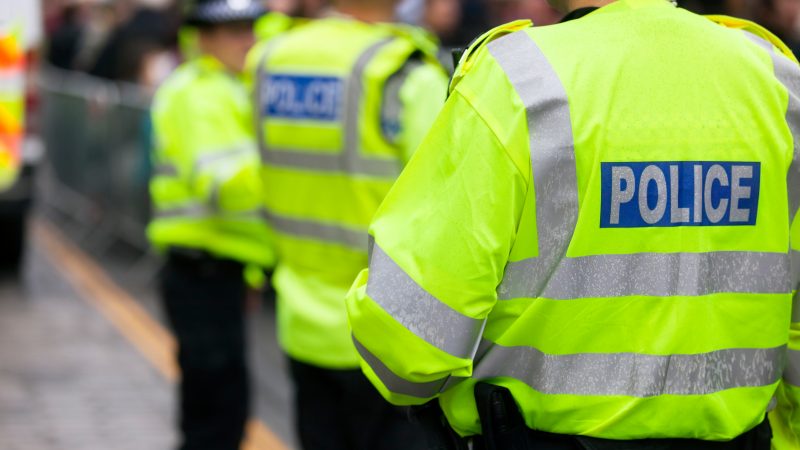
More than half of 2019 Labour Party voters feel that the police are “institutionally racist”, exclusive polling by YouGov for LabourList has revealed.
According to the research from the pollster, which saw 1,809 adults surveyed online between August 9th and 10th, 36% of respondents reported that the police are institutionally racist. That figure rose to 57% for 2019 Labour voters.
Of the participants who voted for the Conservative Party at the last general election, 24% thought that they were institutionally racist while 40% of voters who backed the Lib Dems in 2019 said the same. 34% of all those surveyed told researchers that the police are not institutionally racist and 30% said they do not know.
The poll followed the news earlier this year that the Metropolitan Police Service in London was being placed under a form of ‘special measures‘. The decision, made by HM Inspectorate of Constabulary and Fire and Rescue Services, followed multiple scandals that rocked the capital’s police service.
The Met recently came under fire after police officers strip-searched a Black child while she was on her period without another adult present. A safeguarding report stated that racism “was likely to have been an influencing factor”.
A report by the Independent Office for Police Conduct (IOPC) revealed homophobic, racist and misogynistic messages shared by officers at Charing Cross police station earlier this year. The report related to incidents from three years ago, but the IOPC stated that they were “not isolated”.
Examples of comments included one that read “my dad kidnapped some African children and used them to make dog food” and another that the officer “just walked past the big mosque all the fanatics turn up at to radicalise the young muslims”.
Greater Manchester police were accused of using “deeply racist” tactics last month after the police service banned dozens of people from a Caribbean carnival because it suspected them of having links to “a street gang”.
Research earlier this month found that racial bias in policing at least partly explains why non-white people were more likely than their white counterparts to receive fines for breaches of public health restrictions during the pandemic.
Figures for England and Wales show minority ethnic people were almost twice as likely to be fined than white people. In the study, officers spoke confidentially to academics from Liverpool University and served in forces in northern England, including Cheshire, Cumbria, Merseyside, Greater Manchester and West Yorkshire.
Labour came under criticism after the publication of the Forde report last month, which supported serious allegations of misogyny and racism by senior party staff.
The inquiry, commissioned by Keir Starmer shortly after he was elected Labour leader and carried out by Martin Forde QC, found that between 2014 and 2019 female MPs and MPs of colour were “not always treated during the relevant period in the same way as their white/male counterparts”.
Forde also found that Labour had been “in effect operating a hierarchy of racism” because of the attention given to antisemitism and its relationship to “interfactional conflict”, with other forms of discrimination “ignored”.
In reference to Labour staffers’ WhatsApp messages about leftwing MP Diane Abbott, he described them as “expressions of visceral disgust, drawing (consciously or otherwise) on racist tropes, and they bear little resemblance to the criticisms of white male MPs elsewhere in the messages”.
Below are the results of the poll by YouGov.
Do you think the police today is or is not institutionally racist?
Is institutionally racist – 36%
Is not institutionally racist – 34%
Don’t know – 30%
Polling by YouGov. Fieldwork conducted between August 9th and 10th, 2022. YouGov interviewed 1,809 UK adults online. The figures have been weighted and are representative of all GB adults aged 18+.




More from LabourList
Turning the page? Labour’s recovery in the polls show a path to 2029 victory
Restoration announce recommendations for NEC candidates
‘Factionalism at the top is weakening Labour – and handing a gift to Reform’